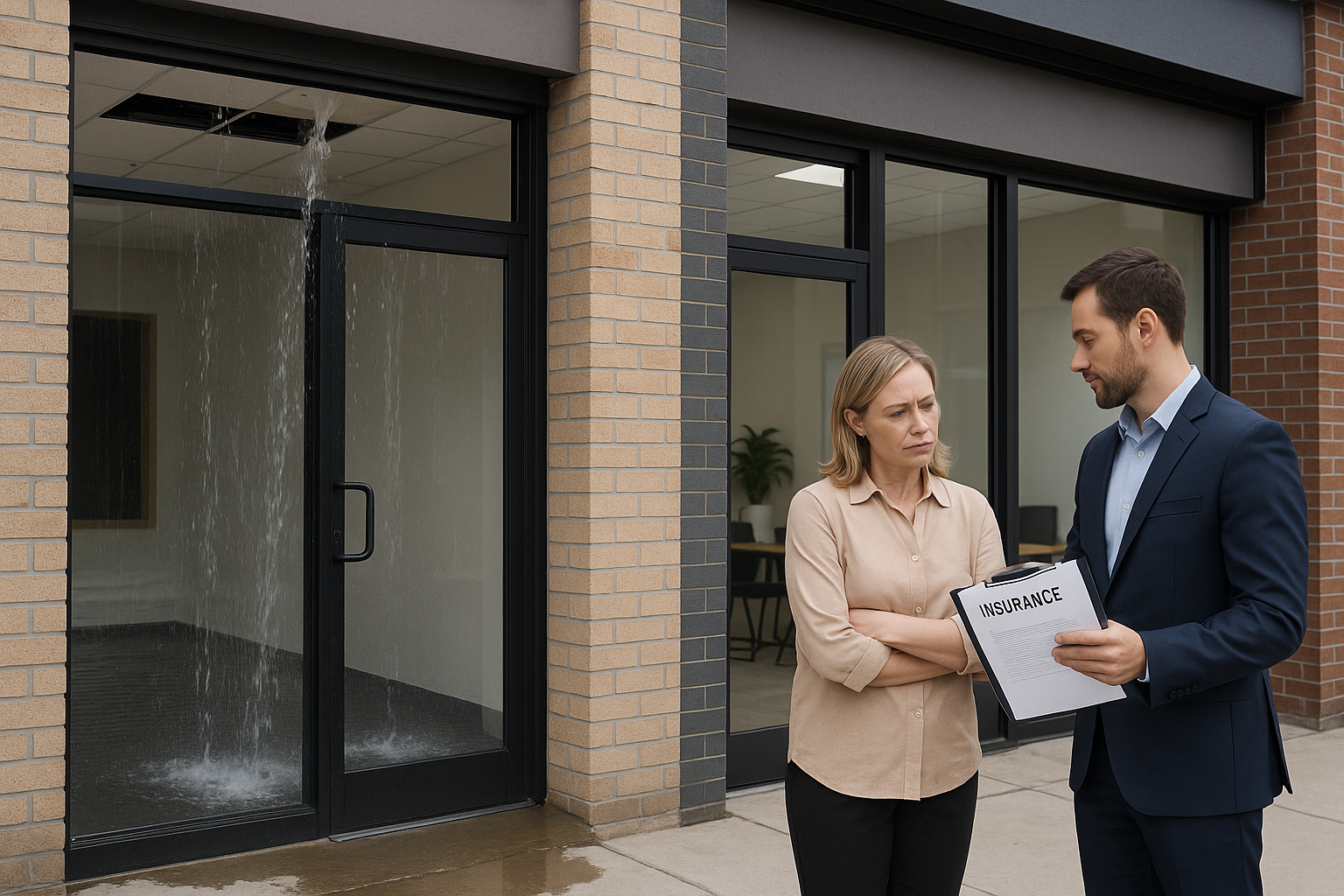
How Commercial Insurance Handles Neighbor Damage: What Business Owners Need to Know
Picture this: a pipe bursts in your building and floods the neighboring office suite. Or maybe a fire in your warehouse spreads to the business next door. These situations are stressful—but they’re exactly the kind of scenarios where commercial insurance can step in.
In this post, we’ll break down how commercial insurance typically handles damage to neighboring properties, what policies come into play, and how you can protect your business from liability and unexpected costs.
🔍 What Is “Neighbor Damage” in Insurance Terms?
“Neighbor damage” refers to harm caused to adjacent properties as a result of an incident on your business premises. This could include:
-
Water damage from burst pipes
-
Fire or smoke spread
-
Structural collapse
-
Construction mishaps
-
Environmental contamination
If your business is found to be responsible for the damage, the affected neighbor may file a claim against you—which is where your insurance coverage becomes critical.
🛡️ Which Policies Provide Protection?
-
Commercial General Liability (CGL) Insurance
This is the first line of defense. If your business operations (or negligence) caused damage to someone else’s property, your CGL policy can help cover:-
Repair or replacement costs
-
Legal fees if you’re sued
-
Settlements or court-awarded damages
-
-
Commercial Property Insurance
While this primarily covers your own building and contents, it could help if shared structures (like walls or roofing) are damaged and you’re partly responsible. -
Business Owner’s Policy (BOP)
A BOP bundles property and general liability into one, offering broader protection—especially for small to mid-size businesses. -
Contractor’s or Builder’s Risk Insurance (for construction or remodeling work)
This covers damage caused during building projects that might impact neighboring sites.
🚧 What If It Wasn’t Your Fault?
Let’s say the fire started in your unit, but it was due to faulty wiring installed by a subcontractor. In that case, the blame (and financial responsibility) might fall on them. Your insurance carrier may still handle the claim initially, but could seek reimbursement from the at-fault party’s insurer—a process called subrogation.
✅ How to Protect Your Business
-
Keep policies up to date
-
Document everything
-
Review neighbor agreements
-
Talk to your agent
These steps can go a long way toward avoiding coverage gaps and claims headaches.
📞 Partner with Horihan Insurance
Neighbor damage can cause major disruptions—but you don’t have to face it alone. At Horihan Insurance, we specialize in helping local businesses protect what they’ve built with personalized commercial coverage and a team that truly cares.
Contact us today for a free review of your business insurance policies. We’ll walk you through your current coverage, answer your questions, and make sure you’re prepared—before the unexpected happens.
📍 Visit one of our local offices or connect with us online at Horihan.com
📞 Call us toll-free at (888) 600-9002
